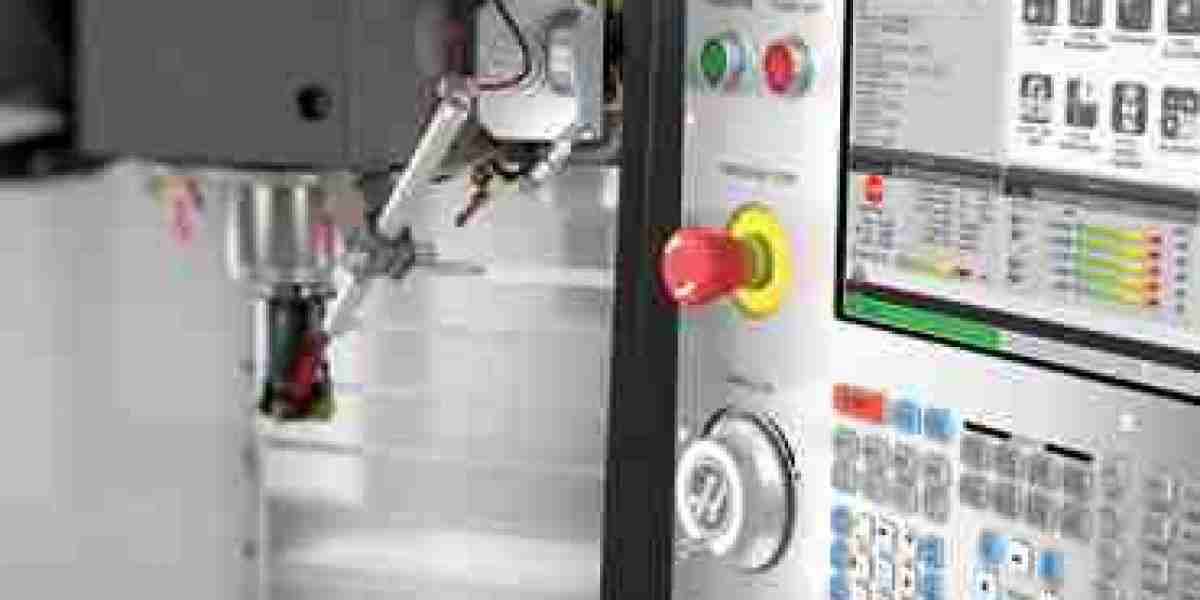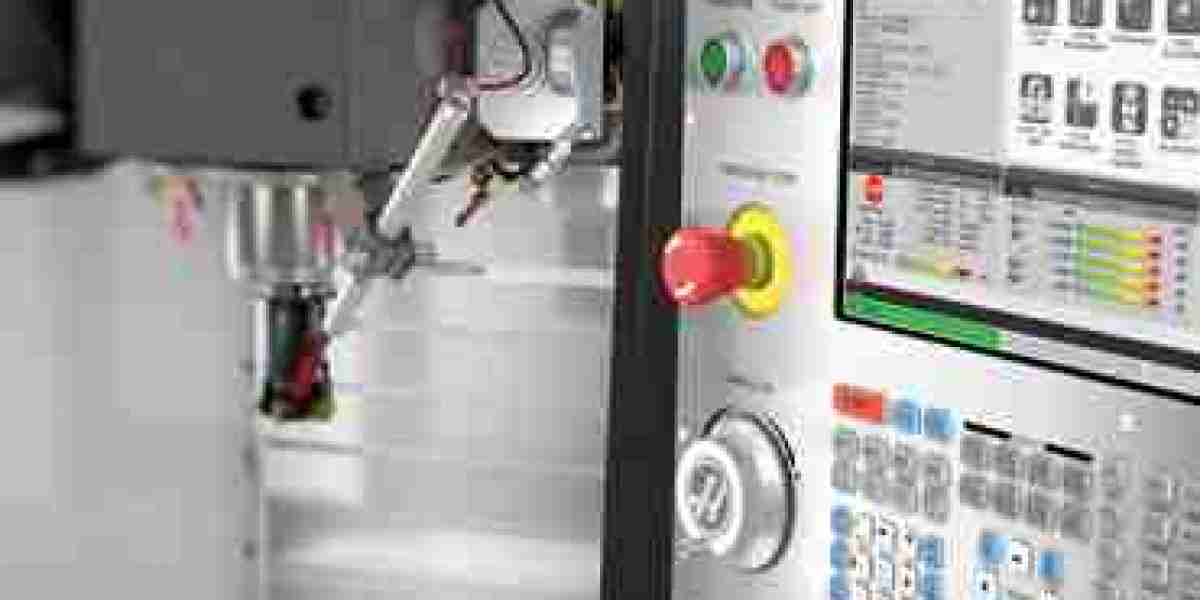CNC milling, short for Computer Numerical Control milling, is a precise manufacturing process used to create intricate parts and components from various materials such as metals, plastics, and wood. It involves the use of computer-controlled machinery to remove material from a workpiece, shaping it according to precise specifications provided in a computer-aided design (CAD) file.
At the heart of CNC milling is the CNC machine, which consists of a cutting tool that rotates at high speeds and moves along multiple axes to carve out the desired shapes from the workpiece. These machines can range from simple three-axis mills to more complex multi-axis mills capable of simultaneous cutting operations from multiple angles.
The process begins with the creation of a digital design in CAD software, where the dimensions and geometries of the desired part are defined. This digital model is then translated into machine-readable instructions using CAM (Computer-Aided Manufacturing) software. These instructions, known as G-code, provide the precise coordinates and tool paths required to manufacture the part.
Once the G-code is generated, it is loaded into the CNC machine's control unit, which interprets the instructions and directs the movements of the cutting tool. The workpiece is securely clamped to the machine's bed or worktable, and the milling process begins. The cutting tool removes material from the workpiece layer by layer, following the programmed tool paths with high accuracy and repeatability.
CNC milling offers numerous advantages over traditional manual milling methods. Its computer-controlled precision ensures consistent quality and tight tolerances, making it ideal for manufacturing complex parts with intricate geometries. Additionally, CNC milling allows for high-speed production, increased efficiency, and reduced labor costs compared to manual machining.
Furthermore, CNC milling is highly versatile and can be used to produce a wide range of components for various industries, including automotive, aerospace, electronics, medical, and more. Whether producing prototypes, one-off custom parts, or large-scale production runs, CNC milling offers manufacturers a cost-effective solution for creating high-quality precision components. Overall, CNC milling plays a crucial role in modern manufacturing, enabling the production of intricate parts with unparalleled accuracy and efficiency.
https://triotechtools.com/products/cnc-milling
The Electrical Discharge Machining (EDM) process is a crucial tool in the realm of manufacturing, offering mechanics a seamless means of completing intricate tasks. This method involves shaping materials into specified forms and sizes through the utilization of EDM machines, which generate sparks to facilitate the desired designs. The applications of EDM extend across diverse industries, particularly in the production of components for the aerospace sector, automotive processes, and electronic companies specializing in low-quantity, precision products.
The fundamental principle underlying EDM involves the creation of distinct shapes by harnessing the power of sparks generated by the machine. This method is particularly advantageous for crafting intricate and detailed parts essential in various industries. Moreover, EDM plays a pivotal role in the creation of production parts, especially in scenarios where low quantities are required, such as in electronic manufacturing or specialized aerospace components.
While EDM is a versatile and valuable process, it is essential to acknowledge the limitations associated with its commercial machines. These machines, optimized for large-scale production, may not be suitable for small-scale garage projects due to their substantial investment requirements. The cost of both spark and wire EDM jobs can be considerable, necessitating a significant financial commitment from production companies. Additionally, the spatial requirements for these machines are substantial, further limiting their feasibility for smaller operations.
Beyond its application in mainstream production, EDM finds utility in crafting intricate ornaments and jewelry through the production of dyes. The process is also instrumental in small hole drilling operations. However, it is important to note that despite its widespread applicability, EDM demands both time and financial investments, making it a considerable undertaking for businesses of varying sizes. In essence, while EDM machines are indispensable for certain production needs, their adoption requires careful consideration of costs, space requirements, and the specific demands of the intended applications.
https://triotechtools.com/prod....ucts/wire-and-spark-
Trio Tech, synonymous with Precision Excellence, stands as a specialized entity in the production of tools and dies, providing a comprehensive range of technical consulting services to esteemed customers. From the intricate stages of design to production, testing, and delivery, we excel in the development of technically demanding engineered items. Our seasoned employees, backed by years of experience, ensure flawless execution, guaranteeing effective responses to the tasks we undertake.






